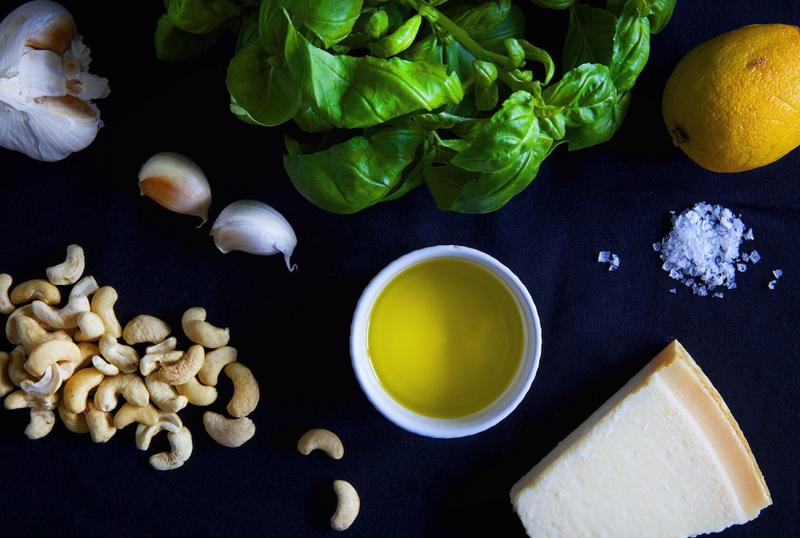No matter which dish or style of cuisine culinary students prepare, there are some universal elements of cooking. One of the most ubiquitous is the prep work to ensure ingredients, garnishes and other components of a dish are ready when the time comes.
As you work toward your online culinary certificate, you may come to deeply enjoy some elements of prep work. However, for an efficient and successful chef, cutting down on prep time is a must. Keep these pieces of advice in mind the next time you begin preparing a meal:
 Gathering ingredients and understanding a recipe’s process eliminates wasted time.
Gathering ingredients and understanding a recipe’s process eliminates wasted time.Know your recipe, love your recipe
Whether a culinary student or veteran chef, everyone in the field will make dishes for the first time throughout their education and career. While it’s expected that you’ll be unfamiliar with the physical process of preparing a new dish, you should always have a handle on the recipe and prep work before you start.
Chef Emilie Bousquet-Walshe told Lifehacker a deep understanding of ingredients, cooking methods and times and other recipe elements is vital to successful and efficient preparation. The time savings are most visible when a recipe starts with a simple or time-consuming process, like cooking certain ingredients or letting them reach room temperature before the rest of the dish is assembled. That time can be used to complete the rest of the prep work, clean your station, replenish ingredients in your reach-in fridge and much more.
However, this piece of advice is important to remember no matter the recipe. With an understanding of all the specific tasks required of a recipe, it’s much easier to mentally schedule tasks and take advantage of any downtime or delays. You will also steer clear of wasting time and mishandling the dish, two major mistakes you should always avoid.
Recognize your limits and ask for help
One of the most important qualities culinary students can develop is confidence. There’s a difference between pride and determination and getting stuck in the weeds, though. As a chef, you’ll work with a team and deal with a highly variable stream of customers. On the busiest shifts, you may fall behind – despite finely honed skills and efficient working practices.
How can you best address this problem? Sous chef John Gullickson, of standout North Carolina restaurant Kindred, told Bon Appetit asking for help at the right time is critical. Communicating the need for assistance early on means keeping the line moving and getting food out to customers in a timely manner. By waiting too long, the entire kitchen can be thrown into chaos.
It’s important for culinary students to develop their talents to a level where they’re comfortable and capable in a professional environment. But it’s also critical to understand when to ask for help.
Students obtaining a culinary certificate online can improve overall by enhancing their prep skills. Don’t overlook this vital aspect of your professional development as you work toward your certificate.


